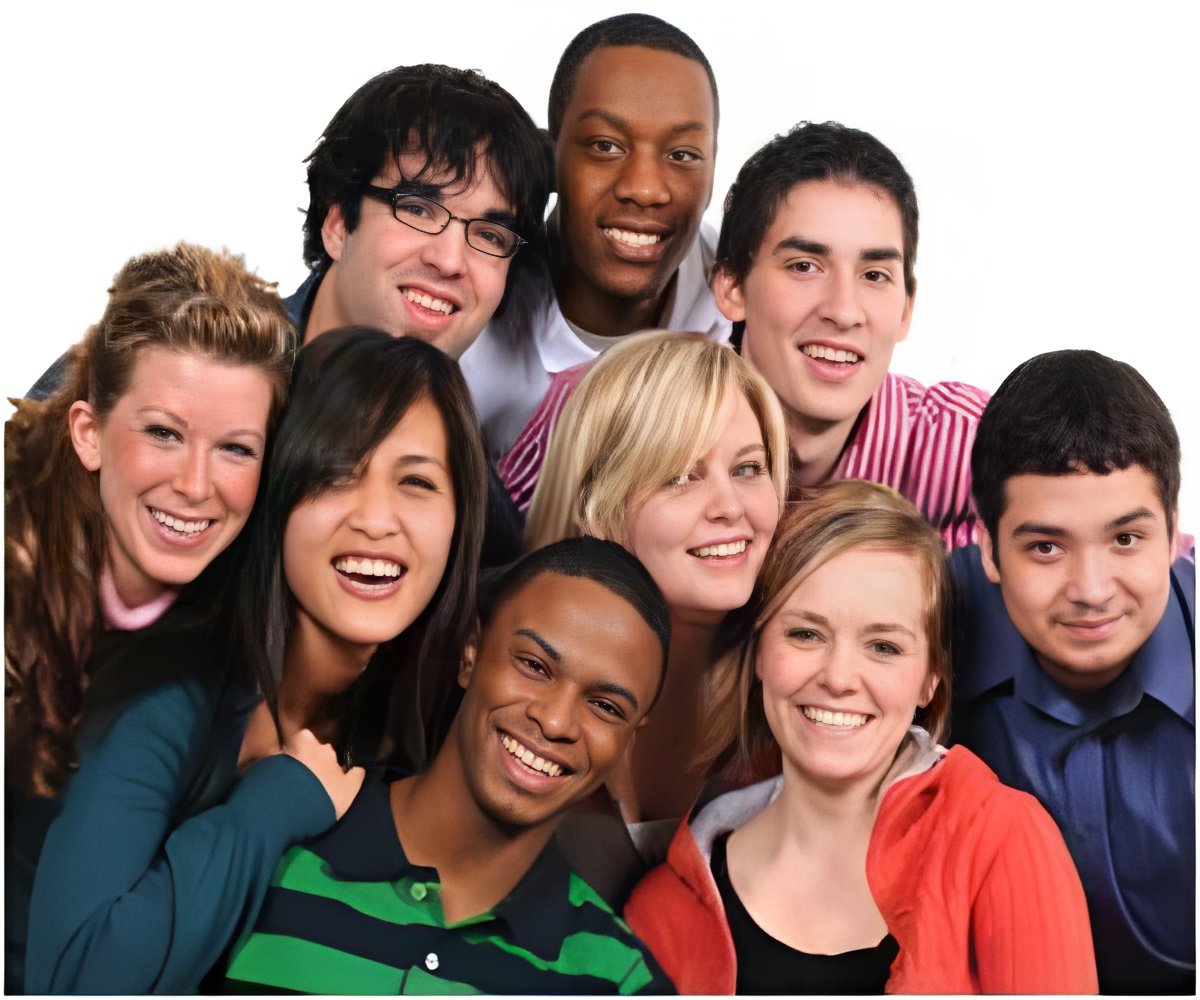
"Scientists have put forward numerous ideas about why people do not recognize other-race faces as well as same-race faces," Northwestern psychology professor Ken Paller said.
The discovery of a neural marker of successful encoding of other-race faces will help put these ideas to the test, according to Paller.
The Northwestern team found that brain activity increases in the very first 200 to 250 milliseconds upon seeing both same-race and other-race faces.
To their surprise, however, they found that the amplitude of that increased brain activity only predicts whether an other-race face (not a same-race face) is later remembered.
"There appears to be a critical phase shortly after an other-race face appears that determines whether or not that face will be remembered or forgotten," explained doctoral student Heather Lucas, coauthor of the study.
Advertisement
Source-ANI










